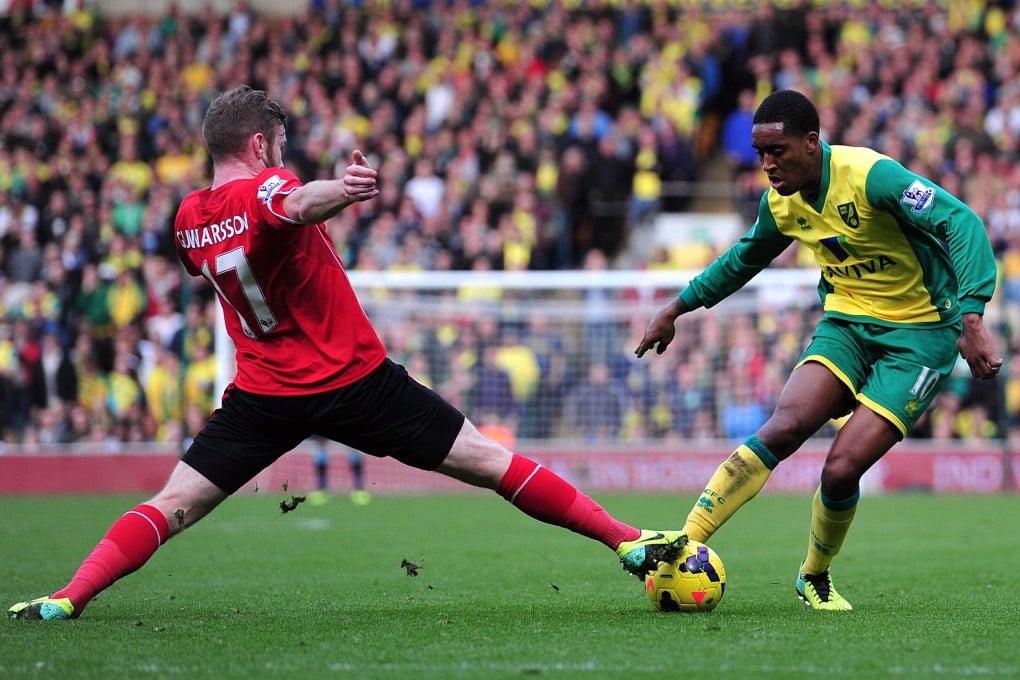Opinion | A bit of common sense from referees doesn't hurt
Match officials should be at pains to use their best judgment when making calls to make games run smoother, while respecting rules

EPL referee Mike Jones applied common sense during last week's match between Norwich City and Cardiff City, and received many plaudits, but by law it was incorrect and unacceptable. Technically his decision to order a throw-in to be retaken because he claimed he did not whistle, which effectively cancelled out the Canaries' winning goal, was incorrect. Even though common sense was used, the ends cannot justify the means.
Match officials, but not players and coaches, are expected to demonstrate common sense at all times. They have always been told to apply Law 18 - the unwritten law for common sense - whenever they can. But since this law does not technically exist, it doesn't take much brain power to realise it cannot override any of the existing 17 laws that apply at all levels of the game.
So why was Jones wrong to apply common sense in this case? The ultimate reason is because match officials need to exhibit thorough knowledge and sound application of the rules. If they cannot convey this, then the danger is everyone will lack confidence in their officiating. There will be accusations like: "He's making it up as he goes along," because rightly or wrongly that is what they believe. Jones is infamous for his "beach-ball blunder" four years ago when he incorrectly applied the laws in Liverpool's 1-0 defeat by Sunderland.
Even though most observers would agree that Norwich's Leroy Fer was unsporting according to the rather vague meaning of "spirit of the game", he nevertheless scored a perfectly legitimate goal.
There is nothing in the rules that states the referee has to blow his whistle. Because the referee's signal was clear, the players have the responsibility to continue play in a sporting manner. Since Cardiff City keeper David Marshall had earlier thrown the ball out so a Norwich player could receive medical attention, Norwich's Ricky van Wolfswinkel restarted the match. From his throw-in, Fer received the ball and, instead of passing it back to Marshall as all the Cardiff players expected, kicked the ball straight into Cardiff's goal. Cue chaos.
Jones realised this wasn't the desired outcome and then whistled for the throw-in to be retaken. This situation would never have occurred if players had let the referee decide whether to stop the match or not. Marshall is not the first, nor the last, player to be pressured or duped into putting the ball out of play so medics can assess a fallen opponent.
